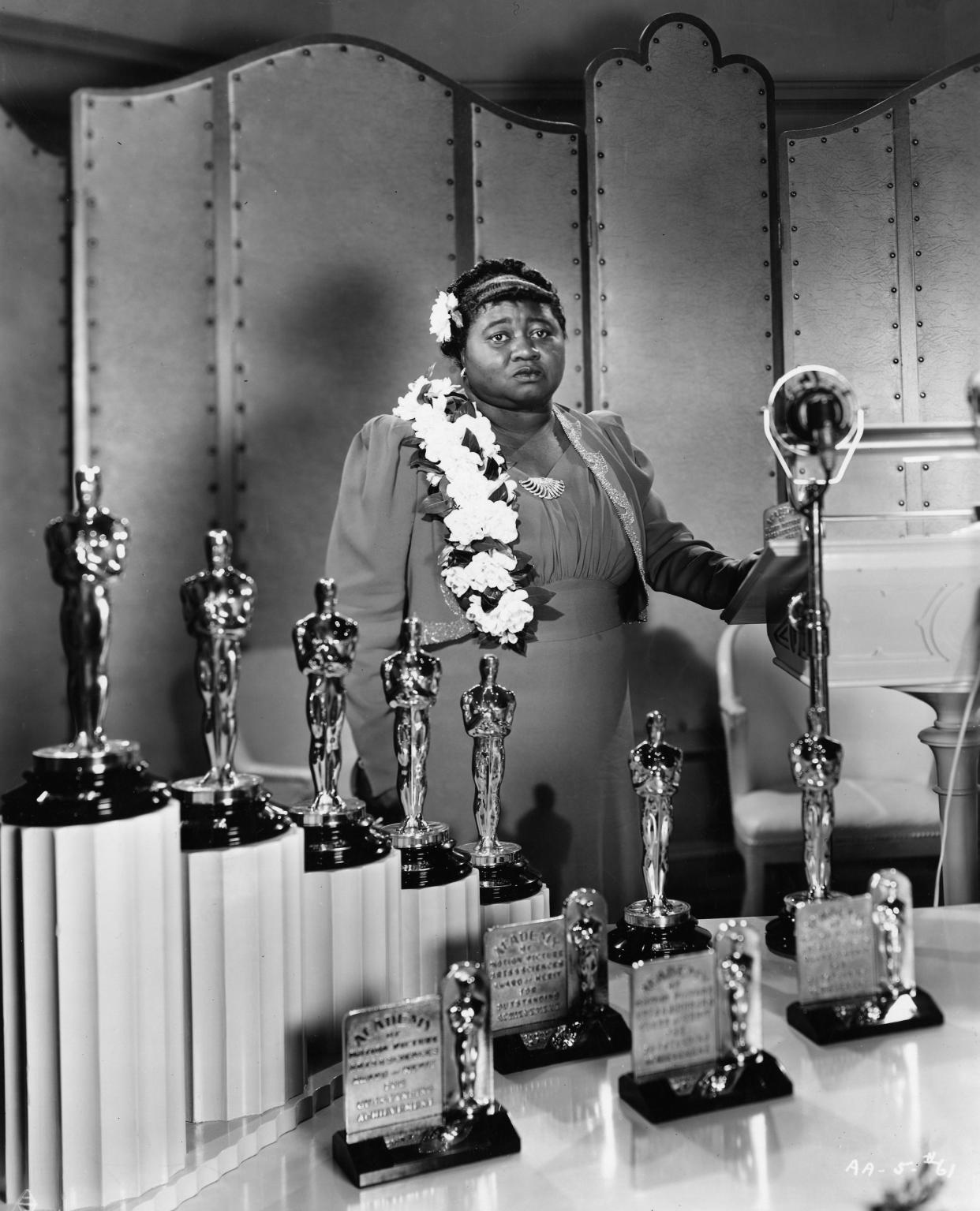'Gone With the Wind' actress fought against racist housing covenants. That history matters.
The rambling Los Angeles home was lavish, the rolling backyard lush. Frequent guests included Hollywood glitterati of the day: Duke Ellington, Lena Horne, Esther Williams and “the King,” Clark Gable.
The hostess and homeowner was Hattie McDaniel, who, in 1939, became the first African American to win the Oscar, for her role as Mammy in “Gone With the Wind.”
Just six years later, she led her neighbors in a legal fight to keep their homes in the upscale Sugar Hill neighborhood.
Six white residents sought to enforce covenants — written into the deeds of homes in the area — forbidding African Americans from owning or residing there. The Queen of Sugar Hill and her friends won that fight.
Best-selling author ReShonda Tate, whose new book, “The Queen of Sugar Hill,” tells McDaniel’s story, will be in Nashville on Saturday, May 18, headlining the 17th annual Literary Luncheon, hosted by Les Gemmes Inc., Nashville Chapter.

The event will benefit the Lighting the Path for Girls program, which provides scholarships and other educational opportunities for a select group of young women. All guests will receive a signed copy of Tate’s new book.
LeBron Hill: What Nashville can learn about preserving Black history from Lorenzo Washington
Judge rules that court ignored equal rights for too long
Restrictive deed covenants like those in Sugar Hill existed all over the United States. One, attached to a property on Hillsboro Pike near Otter Creek Road, reads:

“No part of said property shall be conveyed and no part thereof shall be sold, aliened, conveyed or devised to any person or persons of African blood or descent, and no person or persons of African blood or descent shall own or acquire title thereto, either in fee or otherwise, or as tenants or lessees, but this covenant does not preclude or prohibit persons of African blood or descent from living on said premises in the capacity of servants.”
The courts struck down the covenants, starting with the Sugar Hill case. Los Angeles Superior Court Judge Thurmond Clarke wrote in his 1945 ruling in the case:
“It is time that members of the Negro race are accorded, without reservations and evasions, the full rights guaranteed them under the 14th amendment of the Federal Constitution. Judges have been avoiding the real issue too long. Certainly there was no discrimination against the Negro race when it came to calling upon its members to die on the battlefields in defense of this country in the war just ended.”
Why do parents fear letting their children take risks? They can't learn if they don't try
Clarke’s ruling became legal precedent, and the Fair Housing Act of 1968 outlawed the covenants nationwide.
Sadly, Sugar Hill would be bisected and much of it bulldozed to make way for the Santa Monica Freeway, as Interstate 40 would do to North Nashville.
Register of Deeds keeps records on covenants and enslaved Tennesseans
Documents like the racial covenants, though powerless, are still on the books. They provide witness, especially to young people, of the struggles their forbears endured.
The Nashville Davidson County Register of Deeds Office safeguards land documents that pre-date 1796, when Tennessee became a state.
Some record the sale of enslaved Tennesseans, and thanks to years of work by Metro Archivist Ken Fieth, they are indexed.
As a high school student, my world shattered when Tennessee lawmakers OKed arming teachers
As the Register of Deeds Office moves to its new home later this month on Deaderick Street, we eventually plan to display some of these and other historic documents for the public to view.

We see these pages, yellow with age, and we are incredulous, emotional. But we hear stories like Hattie McDaniel’s, and we are inspired by their fearlessness, their relentlessness and, eventually, their victories.
Karen Johnson is Nashville Davidson County Register of Deeds, the first woman and first African American elected to the office. She is chairing the Les Gemmes Literary Luncheon, scheduled for 11 a.m.-1 p.m. Saturday, May 18, at Music City Center, Tickets are available on Eventbrite (search Les Gemmes).
This article originally appeared on Nashville Tennessean: Gone With the Wind's Hattie McDaniel fought racism and drove change
